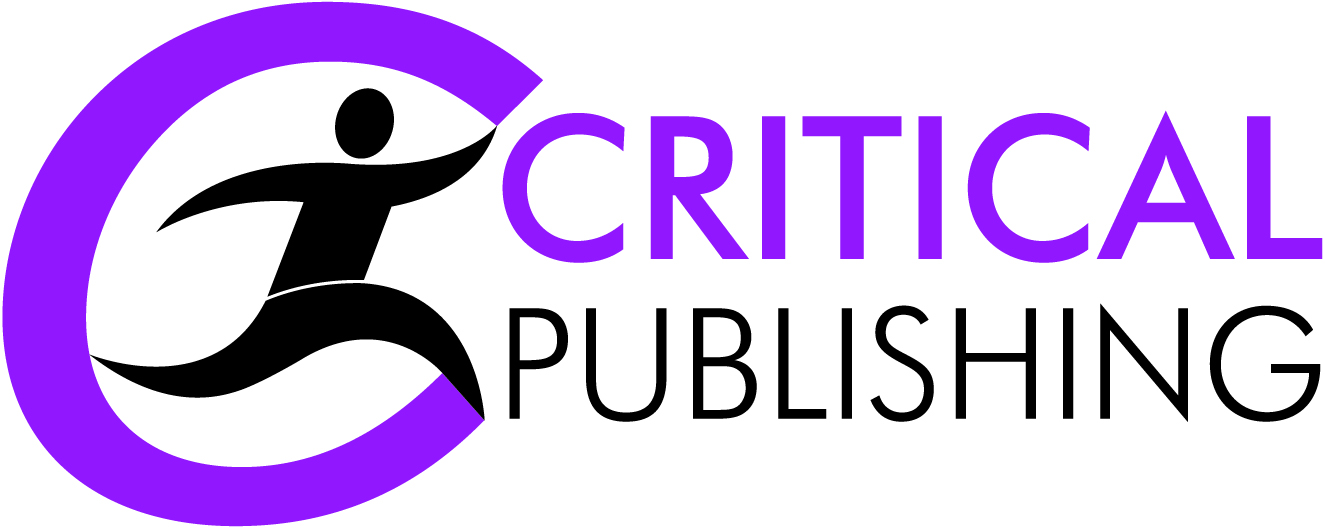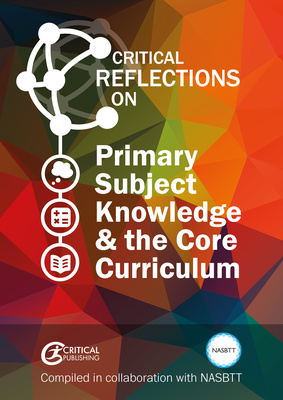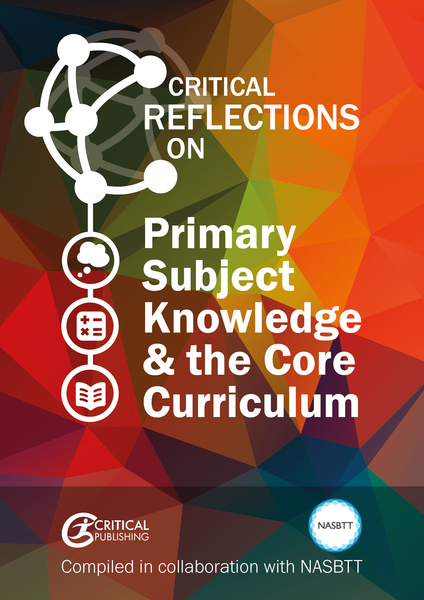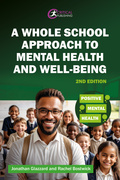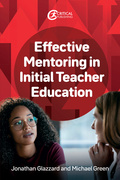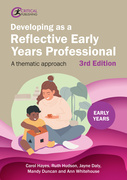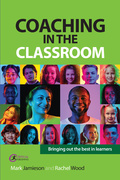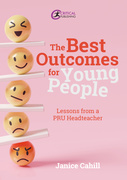Primary Subject Knowledge and the Core Curriculum
AUTHOR : Compiled by NASBTT
ISBN : 9781912096411
Edition No : 1
Publication : Oct 1, 2018
Extent : 240 pgs
ISBN : 9781912096428
Edition No : 1
Publication : Oct 1, 2018
Extent : 240 pgs
ISBN : 9781912096404
Edition No : 1
Publication : Oct 1, 2018
Extent : 240 pgs
Description
This bespoke ebook compilation is focused on primary subject knowledge and in particular the core curriculum areas of English and mathematics. It has been produced in order to address workload concerns and to offer additional but focused support by presenting a collection of helpful chapters from a wide range of texts to support your learning effectively and ensure that you continue to grow your knowledge base, develop your learning, and enjoy exploring and researching a wide range of topics in a supportive and accessible way. It takes key chapters from a range of popular educational texts. Each chapter has deliberately been kept in its original format so that you become familiar with a variety of styles and approaches as you progress your studies.
Contents
Introduction
1 Subject knowledge and pedagogy
An overarching introduction to the meaning, importance and applications of ‘subject knowledge’. This chapter explores some key aspects of Primary subject knowledge: subject-specific terminology in English; progression in Mathematics; children’s misconceptions on Mathematics; subject knowledge in other key subject areas. There are opportunities to critically engage with practice, theory and key programmes of study, whilst also applying learning from the chapter to practice. The chapter highlights the significance of high level subject knowledge for ensuring high quality learning, whilst framing the ways this knowledge can be developed over time.
2 Subject and curriculum knowledge
Building on the exploration of what constitutes subject knowledge in Chapter 1, this chapter introduces subject learning within its wider context and impact on pupils’ learning. The “connectedness of knowledge” is central to the discussion in this chapter: practitioners are signposted to key theory, policy and practice and given opportunities to apply this through reflective tasks with a view to creating an approach which is subject-specific whilst being holistic in overall aims and learning links.
3 Subject knowledge in English
This is a ‘deep dive’ into some key aspects of Primary English subject knowledge. The increased focus on grammar, spelling, punctuation, reading (including reading for pleasure) and register is particularly considered, with links made to key theory, policy and practice. The need to critically engage with Programmes of Study (such as the National Curriculum) is highlighted and a critical engagement approach scaffolded throughout the chapter.
4 Research-based approaches to teaching writing
Another exploration of English subject knowledge, the focus here is on teaching writing. An overview of research findings regarding the teaching of writing links with the need to focus on this aspect of the subject as this is the comparatively weakest area of Primary children’s skills at the end of Key Stages 1 and 2. Key research is suggested as a starting point for practice and exemplified through case studies and critical tasks. There is a discussion of implications from research for teaching and learning of writing, with a particular focus on digital technologies and composition.
5 Finding a written voice
Key routes into creating opportunities for children to write successfully are mapped out through the lens of “finding a written voice”. The relationship between listening and writing is integral to the approaches suggested in this chapter. Strategies for enabling high quality listening and talk are suggested as key starting and development points within the writing process. Strategies and approaches are grounded in case studies, applied through activities and linked with research.
6 Writing and drama
Drama as a stimulus, context and teaching approach for writing is linked with research promoting this as a strategy and case studies to highlight the potential efficacy of these approaches. Key drama subject knowledge is used to provide ideas for teaching and linked with suggested activities. The outcomes of drama-generated writing are considered, both in terms of fiction texts (such as script writing) and non-fiction texts (such as character analysis).
7 Grammar and punctuation through writing
Contextualised grammar teaching is presented as the best practice approach to this aspect of writing. This viewpoint is based on research and theory (such as Debra Myhill’s work) and linked with reflective and enactive activities for the reader. The historical context of the focus on grammar is linked with key policy and government publications. Sentence building, punctuation and words are specific areas of focus here within the wider context of grammar: this focus includes suggested teaching approaches, key subject knowledge and the kinds of outcomes one might have for pupils to generate through their work on grammar and punctuation.
8 Multimodal literacies can motivate boys to write
This investigation into the meaning, teaching and impact of multi-modal literacy learning is linked to supporting and raising boys’ achievement. The links between being a ‘good’ writer and a ‘good’ reader are highlighted as key aspects of developing literacy and also increasing boys’ positive engagement with these aspects of literacy and English. Case studies and excerpts from research exemplify and develop the applications promoted in this chapter.
9 Early Reading Development
Key aspects of Early Reading are explored in terms of knowledge required for teaching, applications in teaching and developing an evidence-based approach to practice. Planning for the daily phonics lesson, grapheme-phoneme correspondences, phonological awareness, phonemic awareness, non-words and ‘The Simple View of Reading’ are summarised and linked with frames for critical engagement with knowledge in these areas.
10 Subject knowledge in maths
How to teach calculations is the key aspect of Mathematics subject knowledge presented in this chapter. This aspect of Mathematics is promoted as essential and vital for the many other areas of Mathematics which are contingent on a secure understanding here. The teaching of calculations is contextualised through an analysed example of a whole school policy, which takes the reader through key learning expected at each stage of Primary pupils’ careers, as well as highlighting the need to challenge pupils.
11 Who has the most?
How to teach calculations is the key aspect of Mathematics subject knowledge presented in this chapter. This aspect of Mathematics is promoted as essential and vital for the many other areas of Mathematics which are contingent on a secure understanding here. The teaching of calculations is contextualised through an analysed example of a whole school policy, which takes the reader through key learning expected at each stage of Primary pupils’ careers, as well as highlighting the need to challenge pupils.
Author
Publication Overview
Availability:
